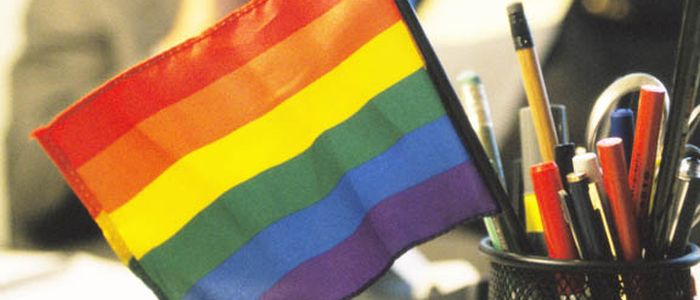Illinois could be second state to teach LGBT history in schools
Christian groups say the measure attempts to normalise homosexuality
By Steve Brown

Illinois could be the second state to require schools to teach LGBT history.
Senators advanced a plan requiring public schools to teach a unit on the contributions of the LGBT community, KCTV5 reported.
If enacted, the state would become just the second to approve the inclusive of LGBT history into the curriculum.
Brian Johnson, CEO of the LGBT organisation Equality Illinois, said: “People learn about Jane Addams, for example, but don’t know she’s a lesbian.
“We don’t think there is true justice for the LGBT community unless we can learn about our history.”
The proposal requires all schools to teach a unit studying the “role and contributions of lesbian, gay, bisexual and transgender people in the history of this country and this State”.
It would also have schools use more inclusive and “non-discriminatory” textbooks going forward, if it is accepted.
Johnson went on to say the new measure is consistent with current law, which requires students to learn the contributions of under-represented groups including African-Americans, Hispanics and Asian-Americans.
School boards would be given the freedom to determine how much time is spent on the subject, but it must reinforce that all people have the “right to be treated with civil, legal and human rights”.
However, Conservative groups have called the measure unnecessary and it will “normalise homosexuality”.
Laurie Higgins, from the Christian organisation, Illinois Family Institute, said: “The left’s motive is what it always is: it is to normalise homosexuality.”
The opposition said older high school students can learn about LGBT issues, but only if schools also teach why groups are opposed to what she calls “the homosexuality movement”.
But Johnson went on to say how he believes their students will be “better off” if they are taught the “full breadth of history”.
He said: “We think all students are better off when we teach them the full breadth of history.
“It makes them more likely to understand that a diverse cast has contributed to our society.”
